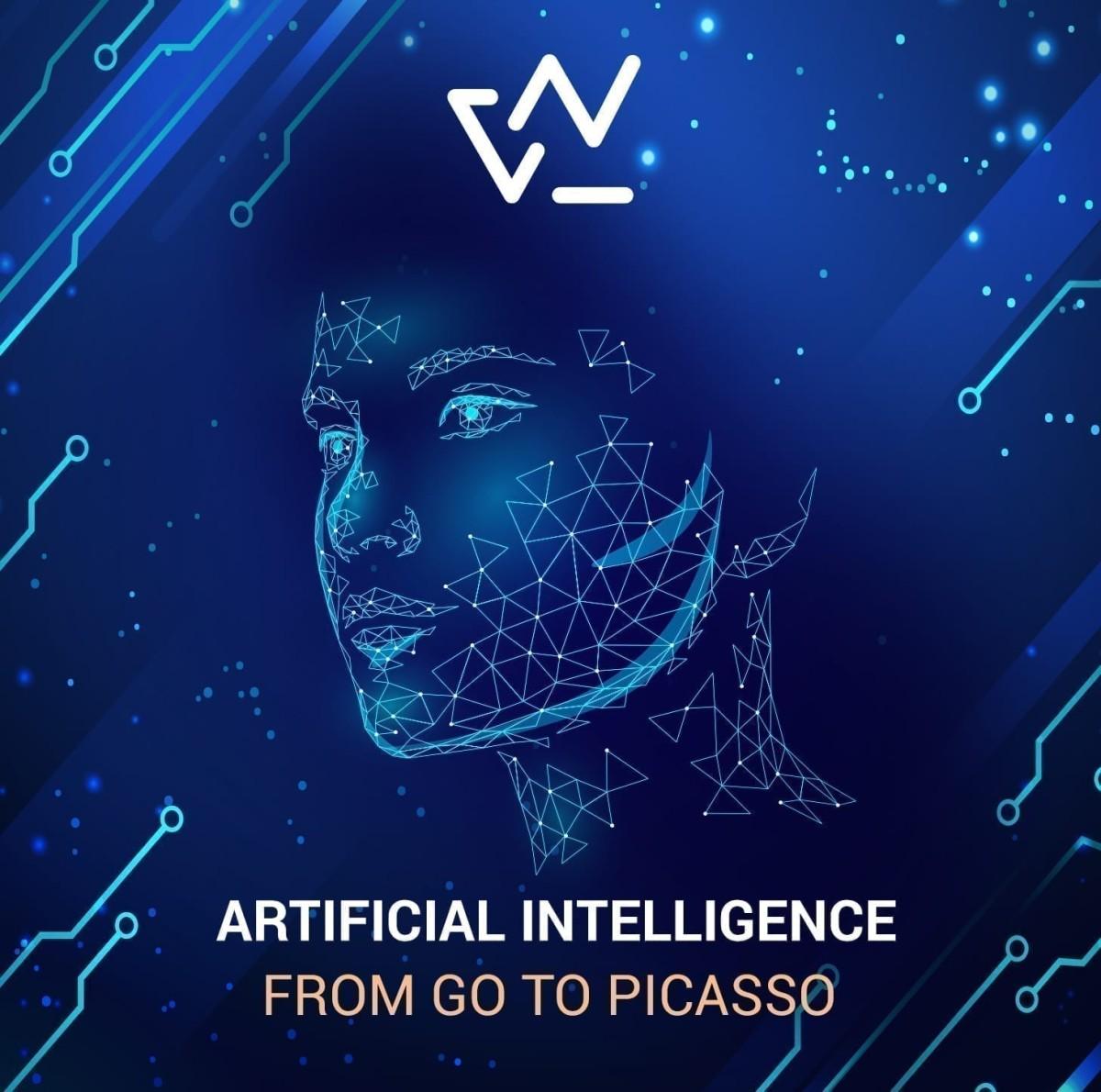Artificial intelligence is being talked about everywhere. From chatbots and search algorithms to Arnold Schwarzenegger “Terminators” enslaving humanity, AI raises many questions and fantasies.
With a constant increase in computing power, the proliferation of sensors used by IoT and the data tsunami, AI gradually takes control of certain aspects of our lives. This raises many questions about progress and well-being, but also in terms of security and privacy.
But one thing is for sure: the future will belong to companies and administrations that can make the best use of this technology.
A growing impact
If artificial intelligence is on everyone’s lips today, its origins however go back to the 1950s when Alan Turing wondered if a machine could think. This question led him to develop his famous Turing Test, still used today, to find out if an artificial intelligence can fool a human.
Although research in this area was promising, the 1970s witnessed “AI winter”. Due to a lack of funding and successful projects, this area of research was frozen and neglected for several years.
It was not until the late 1980s and early 1990s that, thanks to the arrival of microprocessors, artificial intelligence could begin its Golden Age. Since then, the history is well known that artificial intelligence is taking its place step by step in all aspects of our lives.
Can artificial intelligence be creative?
To dig deeper into the subject, WESTPOLE organized a webinar on Thursday 11 February 2021, with Hugues Bersini, professor at Université Libre de Bruxelles and expert in the field of artificial intelligence.
If everyone knows the famous AlphaGo software that thrilled the best Go players of the planet, few people know that AI is also in the art business. Hugues spoke about several amusing examples: music, painting, poetry, etc. From the imitation of a particular artistic trend to the production of a brand-new Beatles music, everything is possible!
Despite impressive results, AI is still dependent on machine learning and deep learning technologies and results that come out of a “black box” whose internal working is not always understood.
The debate is therefore still open: Can an artificial intelligence be creative?
A use case of artificial intelligence at the European Commission
Hugues’ presentation was followed by the intervention of our colleague from WESTPOLE, George Laurent, who spoke about the exciting project he is working on at DG FISMA (The Directorate‑General for Financial Stability, Financial Services and Capital Markets Union of the European Commission). The scope of this project is, thanks to artificial intelligence, to have a better information retrieval using EU search tools and taxonomy using, among other things, automatic tagging.
After Hugues and George’s presentation, we concluded the webinar with an exciting Q&A session. Are you triggered by this blog? Contact us!
François Delmoitiez- Account Manager IO

